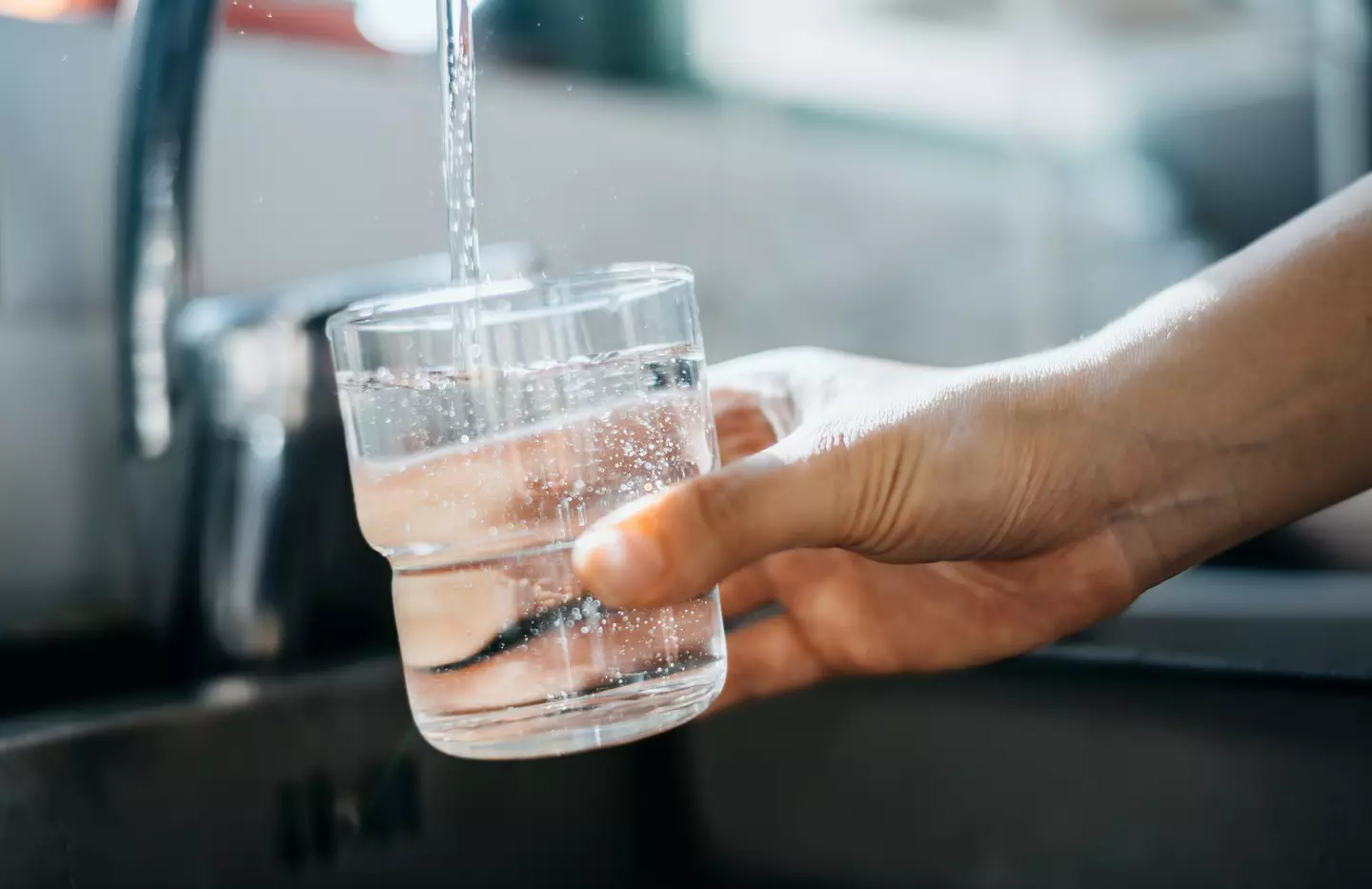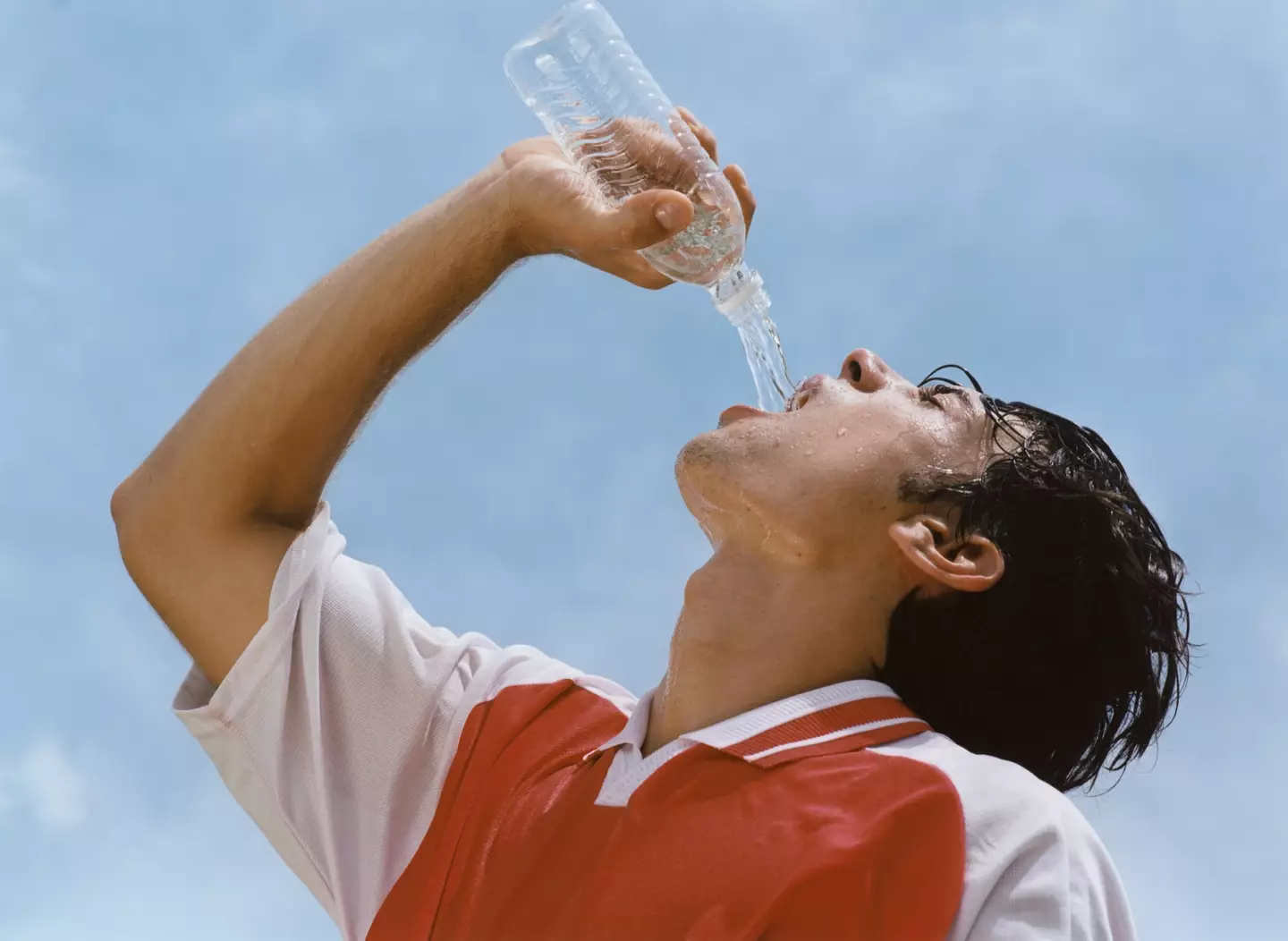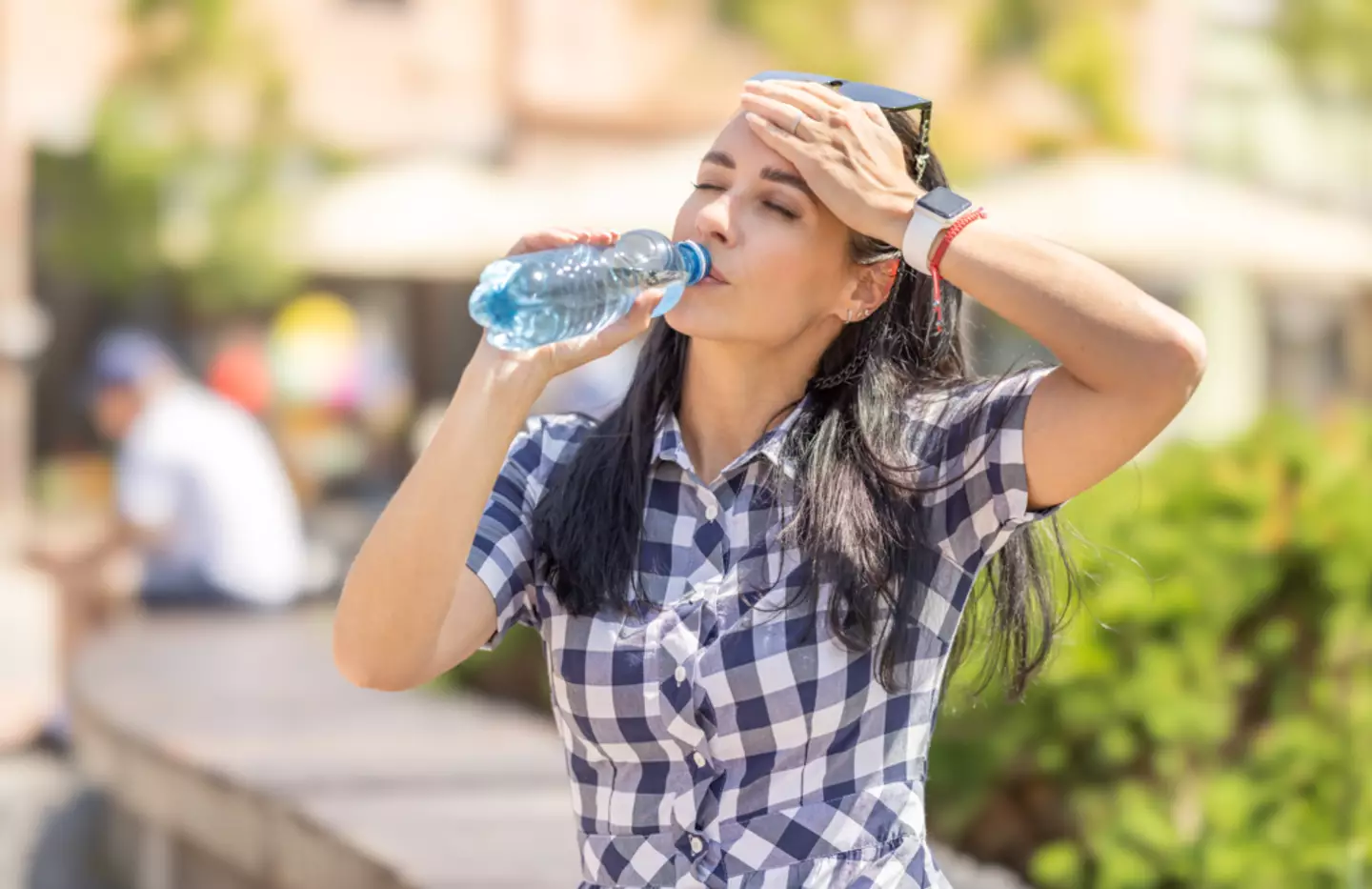While it might seem unlikely, consuming too much water can indeed be dangerous and potentially life-threatening.
While you might have previously thought that creatures like spiders, snakes, and sharks were the primary threats posed by Mother Nature, it turns out that water can also pose a significant risk if consumed in excess.
The saying “too much of a good thing” holds true, and despite the constant reminders from fitness influencers and dieticians to stay hydrated, it’s crucial to recognize that there is a limit to how much water you should drink to avoid potential harm.
There are varying recommendations on daily water intake. Some suggest drinking eight glasses a day, while others recommend 2-3 liters. However, the appropriate amount of water varies from person to person.
The US National Academies of Sciences, Engineering, and Medicine have determined that an adequate daily fluid intake is “about 15.5 cups (3.7 liters) of fluids a day for men” and “about 11.5 cups (2.7 liters) of fluids a day for women,” noting that approximately 20 percent of daily fluid intake typically comes from food.
But how reliable are the reminders from your fitness app or smartwatch, and how can you determine if you’re drinking too much water?
According to Healthline, the concern is less about the total amount of water consumed and more about the rate at which it is consumed. A healthy adult’s kidneys can “flush out 20 to 28 liters of water each day” but are only capable of “getting rid of about one liter each hour.”
Healthline explains, “This makes it hard for your kidneys to keep up when you drink more than one liter per hour.”
Although you might need to drink more water if you exercise or are in hot or humid weather, it’s important not to overdo it. If your urine is colorless or light yellow, your hydration levels are likely adequate. There have been instances where excessive water intake has led to fatal consequences.

In 2007, a 28-year-old woman died after participating in a water-drinking contest, consuming over six liters of water within three hours, as reported by Scientific American.
In essence, excessive water intake can result in water intoxication, also known as hyperhydration, water toxemia, or water poisoning.
Mayo Clinic explains, “When you drink too much water, your kidneys can’t get rid of the excess water. The sodium content of your blood becomes diluted. This is called hyponatremia and it can be life-threatening.”
Healthline adds that the excess fluid can cause cells, including brain cells, to “swell.”

Healthline lists symptoms of water overconsumption as “head pain, cramping, spasms or weakness in your muscles, nausea or vomiting, drowsiness, and fatigue.”
More severe cases can result in seizures or loss of consciousness when the brain swells due to excessive water intake.
If you suspect you’ve consumed too much water, it’s crucial to seek immediate medical attention at the nearest emergency department.
Healthline also notes that symptoms of water intoxication can be mistaken for dehydration, emphasizing the importance of seeking professional help rather than attempting self-diagnosis and treatment.

Fortunately, overconsumption of water is quite rare. Mayo Clinic reassures, “Drinking too much water is rarely a problem for healthy, well-nourished adults. Athletes occasionally may drink too much water in an attempt to prevent dehydration during long or intense exercise.”
Therefore, aim to drink around eight glasses or a bit more each day, avoid water-drinking contests, and you should be fine.

